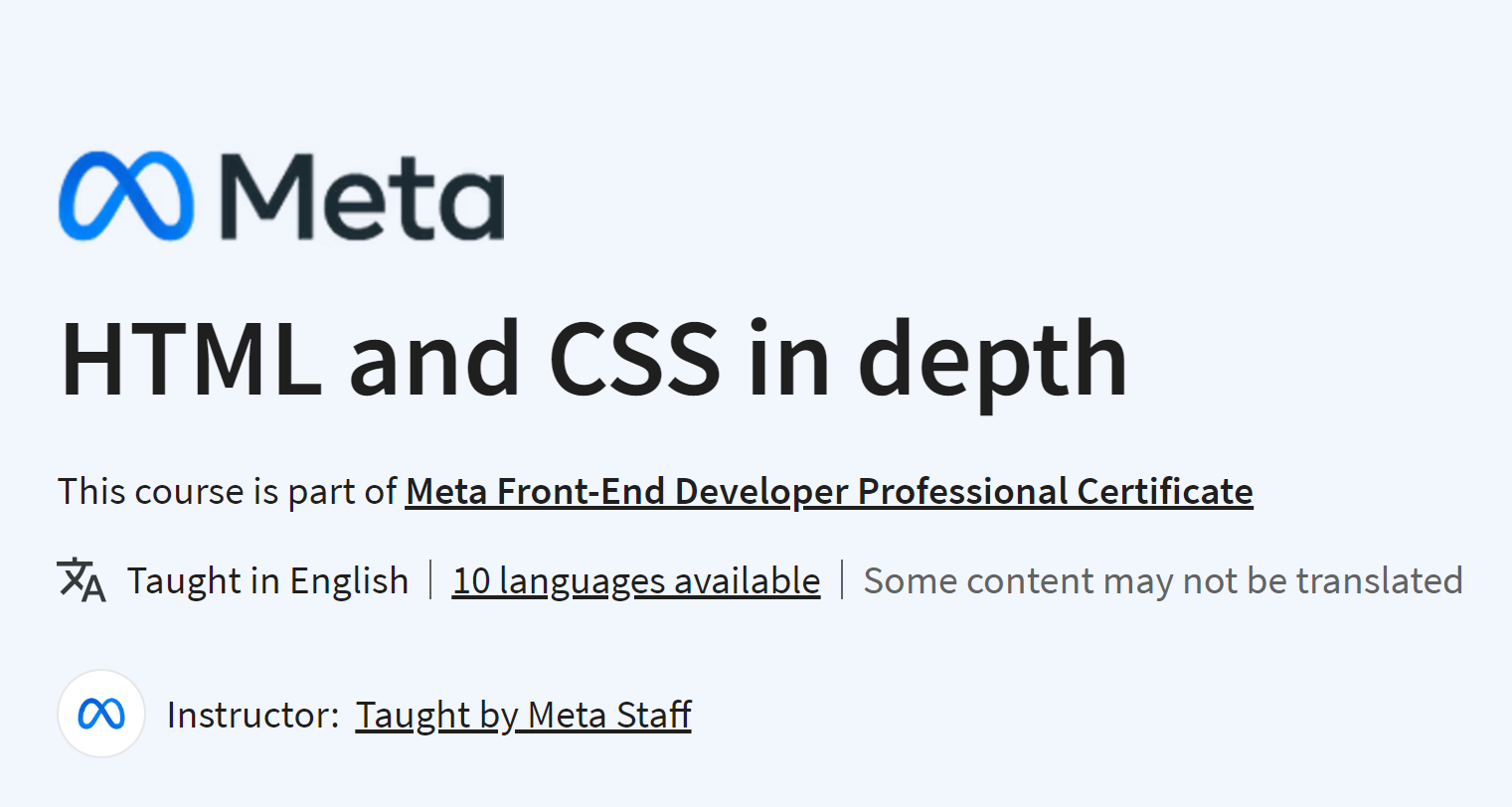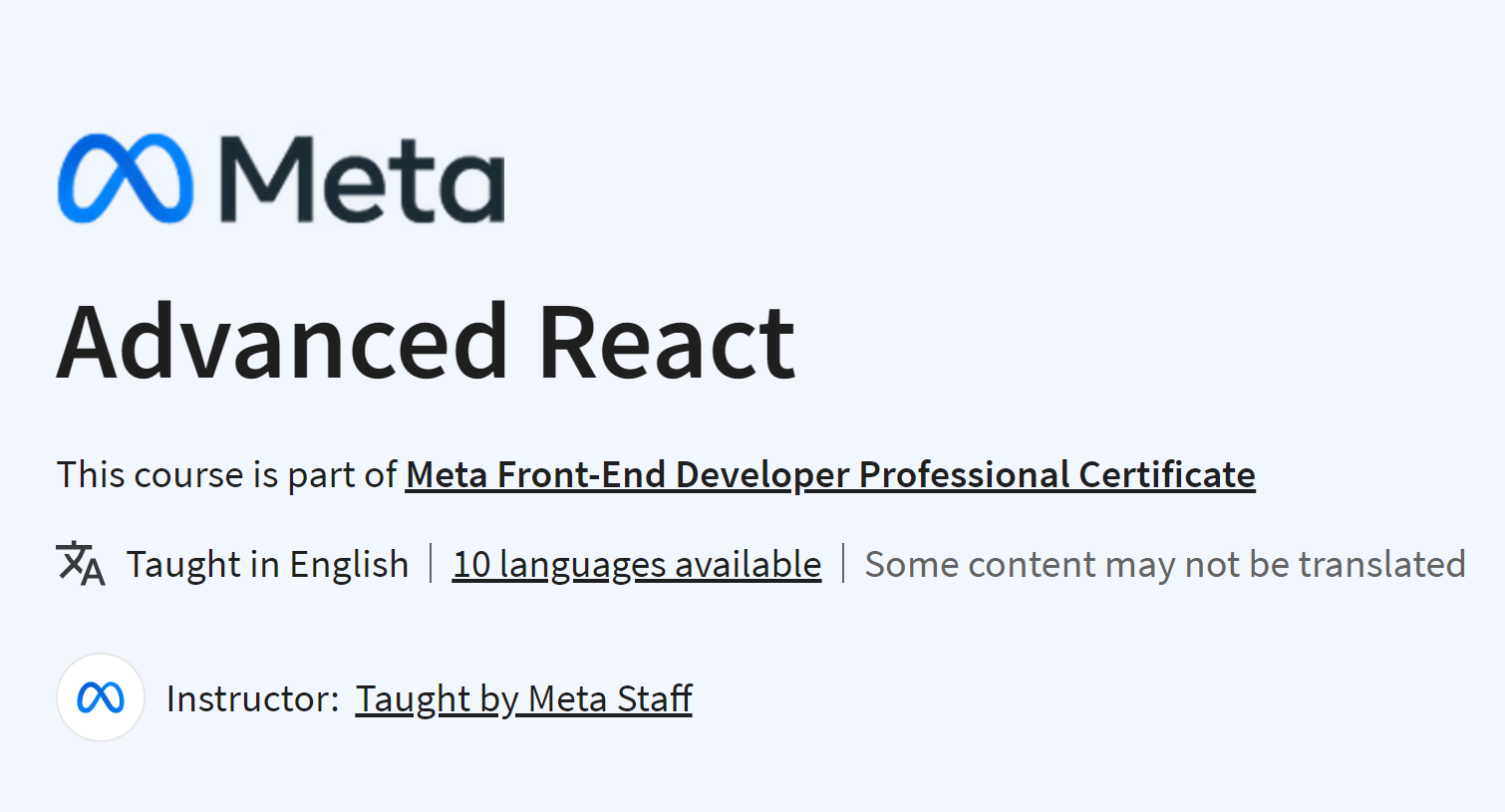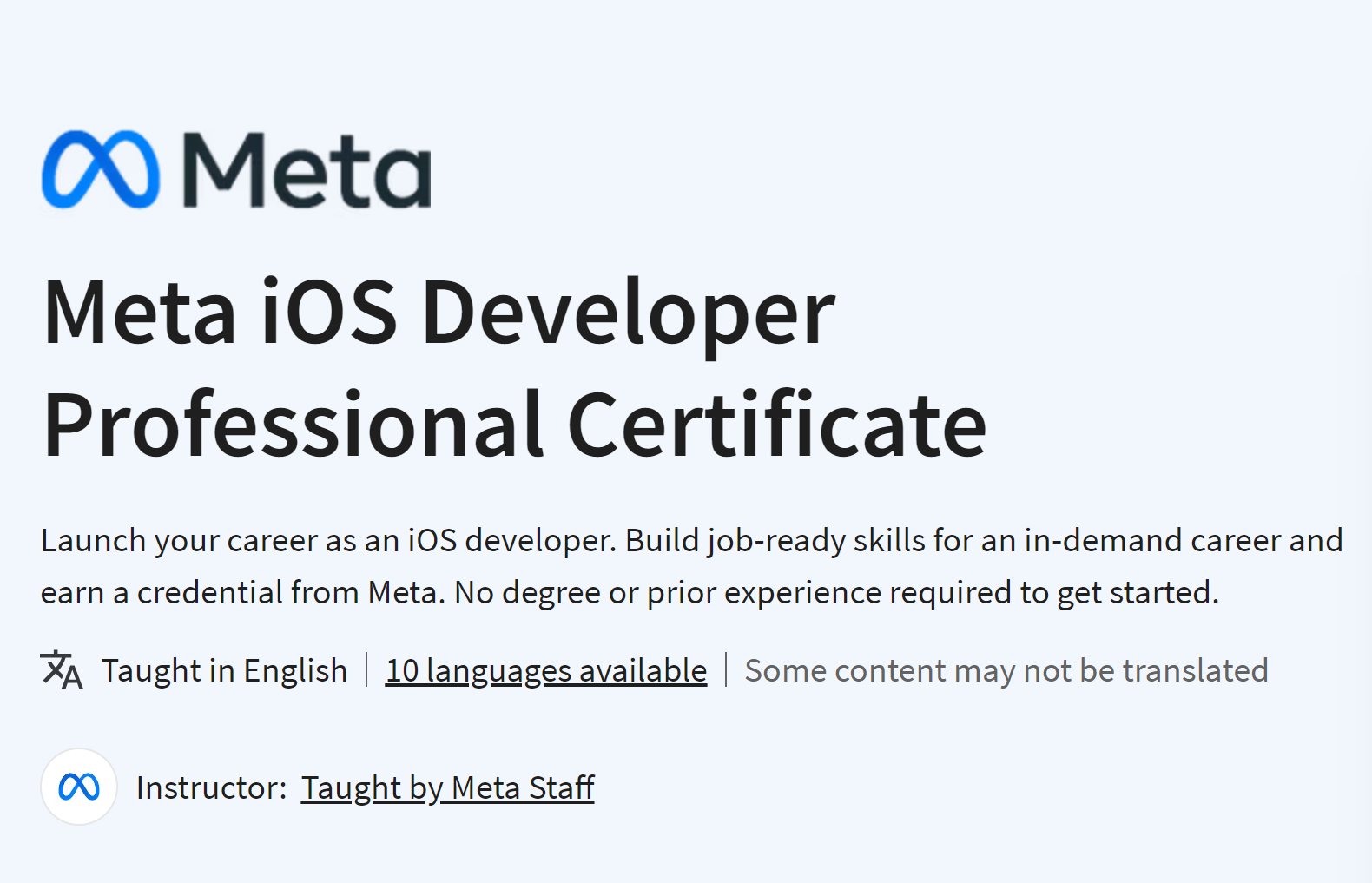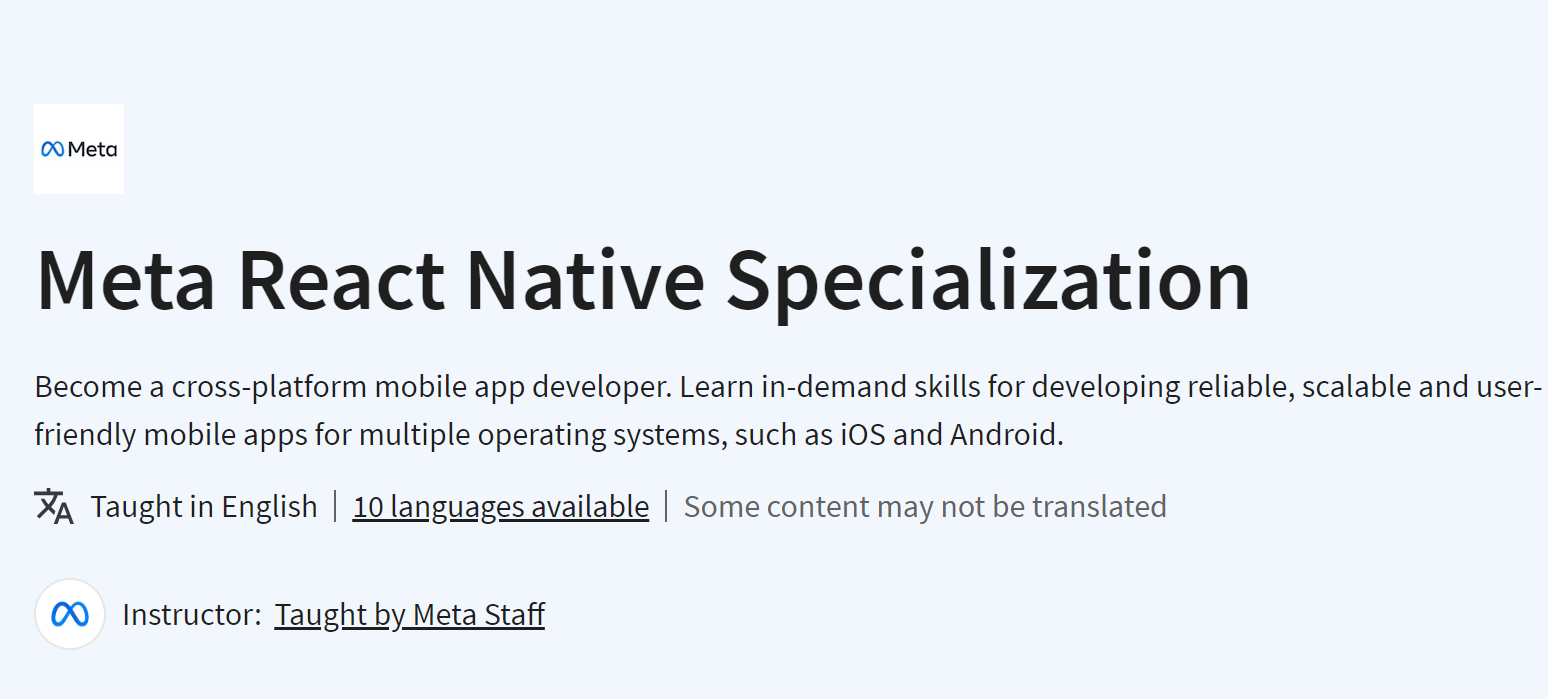Introduction to Back-End Development
Back-end development is a critical part of web and software development that focuses on how a website or application functions behind the scenes. While front-end development handles what users see and interact with, back-end development deals with data storage, server logic, application performance, and security. In this post, we’ll explore what back-end development is, why it matters, and how you can get started with it.
What Is Back-End Development?
Back-end development refers to the server-side of a web application. It includes everything that users don’t see but that powers the application: servers, databases, application logic, and APIs. When a user interacts with a website—like logging in or submitting a form—the front end sends a request to the back end, which processes it, accesses the database if needed, and sends back a response.
Why Is Back-End Development Important?
Back-end development ensures that applications are functional, reliable, and secure. It handles user authentication, data storage, business logic, and communication between different parts of a system. Without back-end systems, even the most beautifully designed websites would be static and incapable of doing anything meaningful like saving user data or retrieving personalized content.
Responsibilities of a Back-End Developer
A back-end developer is responsible for building and maintaining the technology that powers the server, database, and application. This includes writing server-side code, managing APIs, securing the system, integrating databases, and ensuring the performance and scalability of the application. They work closely with front-end developers to ensure that the data flow between the client and server is smooth and secure.
Key Components of Back-End Development
Back-end development involves several core technologies and components. Each one plays an important role in creating a fully functional application.
Server-Side Programming Languages
Back-end logic is written in server-side programming languages. These languages allow developers to build the functionality that runs on the server.
Popular back-end languages include JavaScript (Node.js), Python, Java, PHP, Ruby, and Go. The choice of language often depends on the type of application, team preferences, and performance needs.
Databases
Databases are where an application’s data is stored and managed. Back-end developers use databases to save and retrieve information like user profiles, orders, posts, and more.
There are two main types:
Relational databases (like MySQL, PostgreSQL) use structured tables and SQL.
Non-relational databases (like MongoDB, Redis) store data more flexibly, often in JSON-like documents or key-value pairs.
APIs (Application Programming Interfaces)
APIs allow the front end and back end to communicate. They define how data is sent, received, and structured. Back-end developers design APIs that let other parts of the system (or external systems) interact with the server and database.
Most commonly, developers build RESTful APIs or use GraphQL for more dynamic data querying.
Authentication and Authorization
Authentication is the process of verifying a user’s identity (e.g., login), and authorization determines what the user is allowed to do (e.g., access admin features).
Back-end developers implement these using techniques like session tokens, JSON Web Tokens (JWT), OAuth2, and multi-factor authentication to keep applications secure.
Hosting and Deployment
Once the back-end code is ready, it needs to be hosted on a server. Hosting providers and platforms make it possible to run applications online.
Popular choices include AWS, Heroku, Render, DigitalOcean, and Google Cloud. Developers must configure servers, set up environment variables, and ensure that applications remain available and performant.
Tools and Frameworks in Back-End Development
Back-end frameworks simplify development by providing ready-made structures and libraries for common tasks.
Popular frameworks include:
- Express.js for Node.js
- Django and Flask for Python
- Spring Boot for Java
- Laravel for PHP
- Ruby on Rails for Ruby
These frameworks help speed up development and promote best practices in routing, middleware, and security.
How the Front End Connects to the Back End
The front end and back end communicate through APIs. For example, when a user submits a form, the front end sends a POST request to the back end. The back-end server processes the request, interacts with the database, and sends back a response—usually in JSON format—that the front end displays.
Best Practices in Back-End Development
To write efficient, secure, and scalable back-end code, developers follow these best practices:
- Use modular code and design patterns (like MVC)
- Validate all user inputs to prevent injection attacks
- Protect sensitive data using encryption and environment variables
- Write unit and integration tests
- Implement logging and monitoring
- Document APIs using tools like Swagger or Postman
These practices help in maintaining code quality and ensuring a smooth development experience.
How to Get Started with Back-End Development
Here’s a step-by-step approach for beginners:
- Learn the basics of a server-side language like JavaScript (Node.js) or Python.
- Understand HTTP methods (GET, POST, PUT, DELETE) and status codes.
- Get familiar with building RESTful APIs.
- Practice using a database like PostgreSQL or MongoDB.
- Create simple projects like a to-do list or blog backend.
- Learn about authentication (JWT or sessions).
- Deploy your project on a cloud platform.
With consistent practice, you’ll gain the confidence to build and manage the back ends of real-world applications.
Join Now : Introduction to Back-End Development
Final Thoughts
Back-end development is an essential part of creating modern web and mobile applications. It powers the logic, data, and operations that users rely on every day. While it may seem complex at first, learning back-end development step by step—with real projects and hands-on experience—can make it both accessible and rewarding.
Whether you aim to be a full-stack developer or specialize in back-end systems, this skill set will open doors to countless opportunities in tech.











.PNG)




















